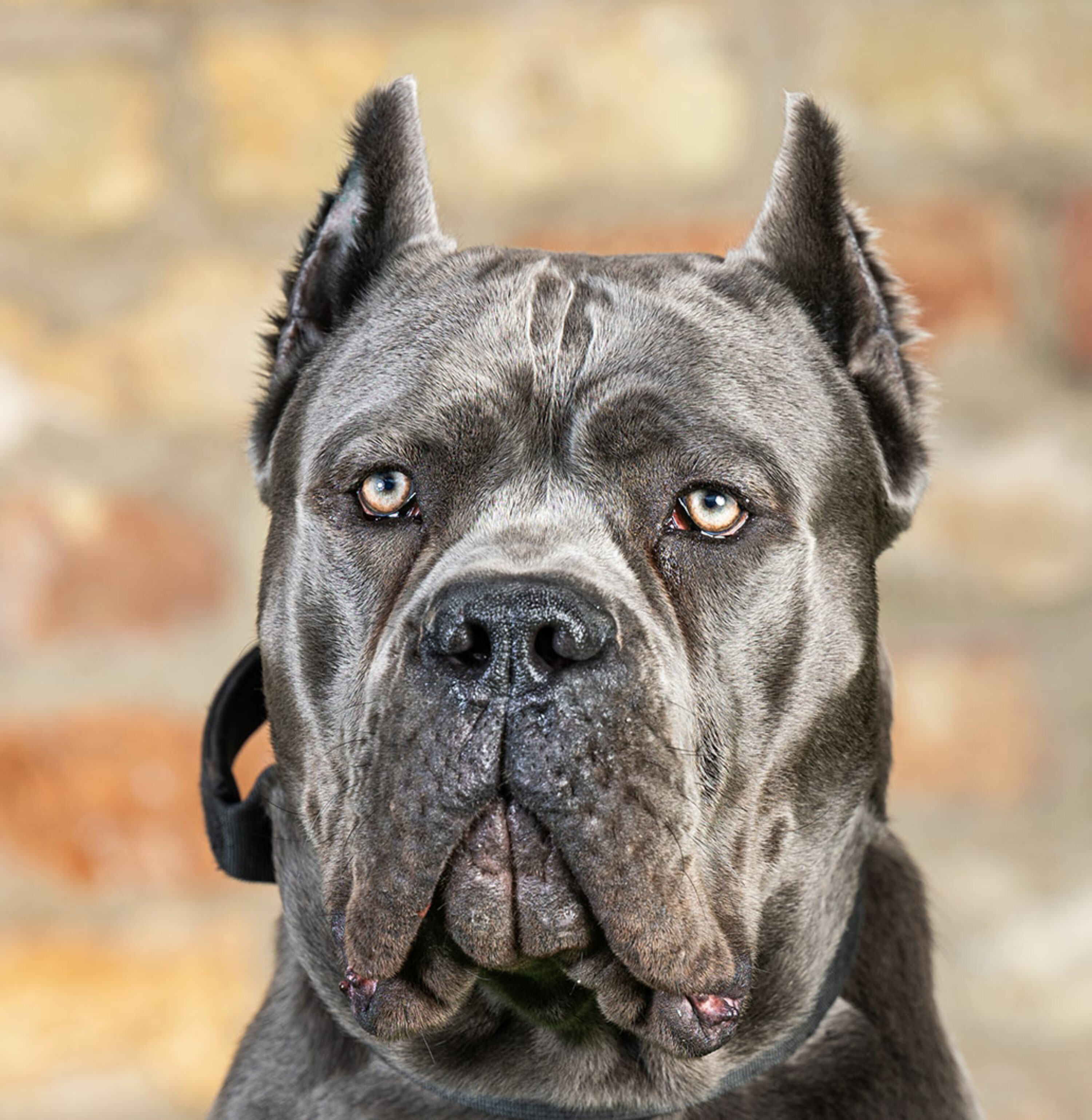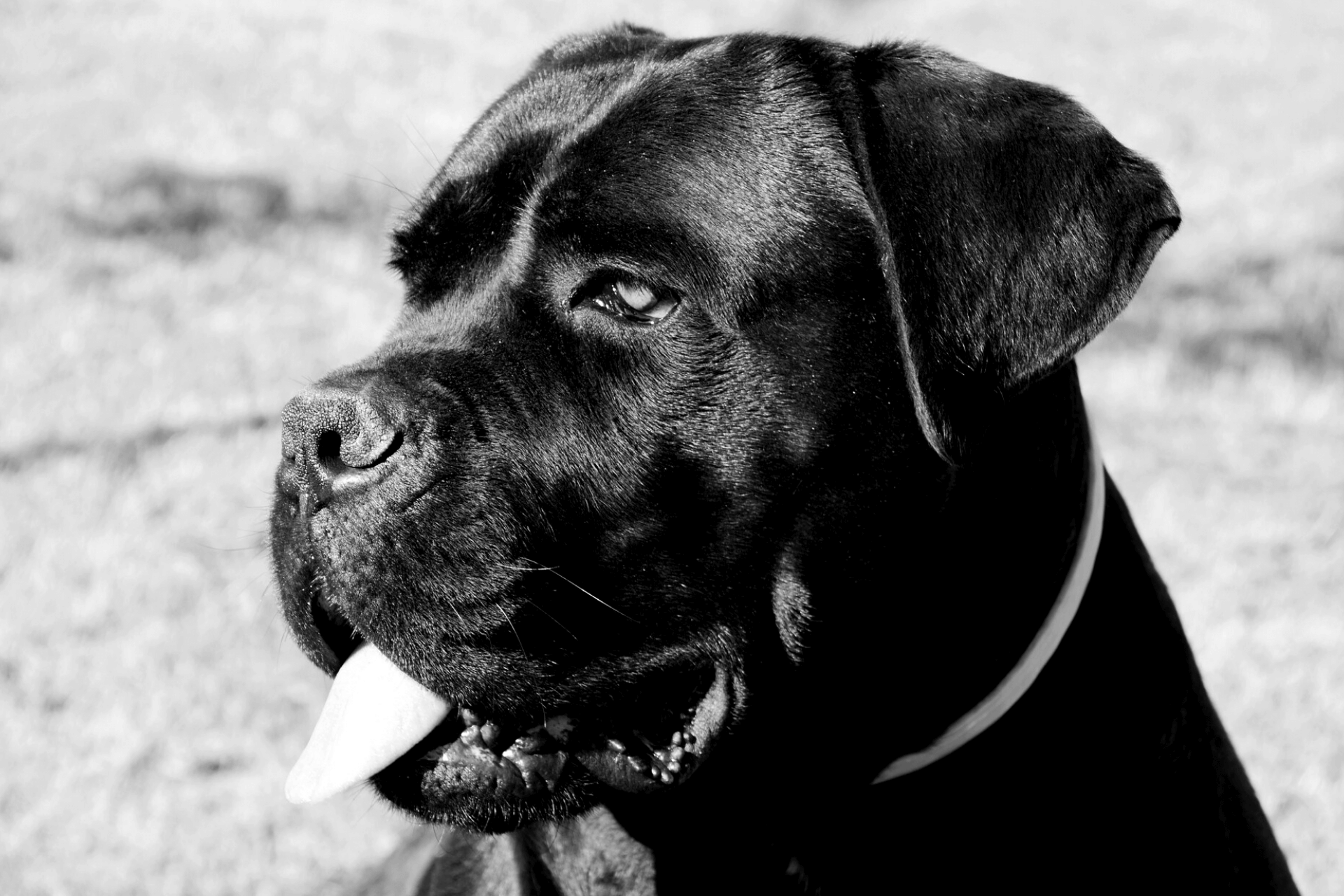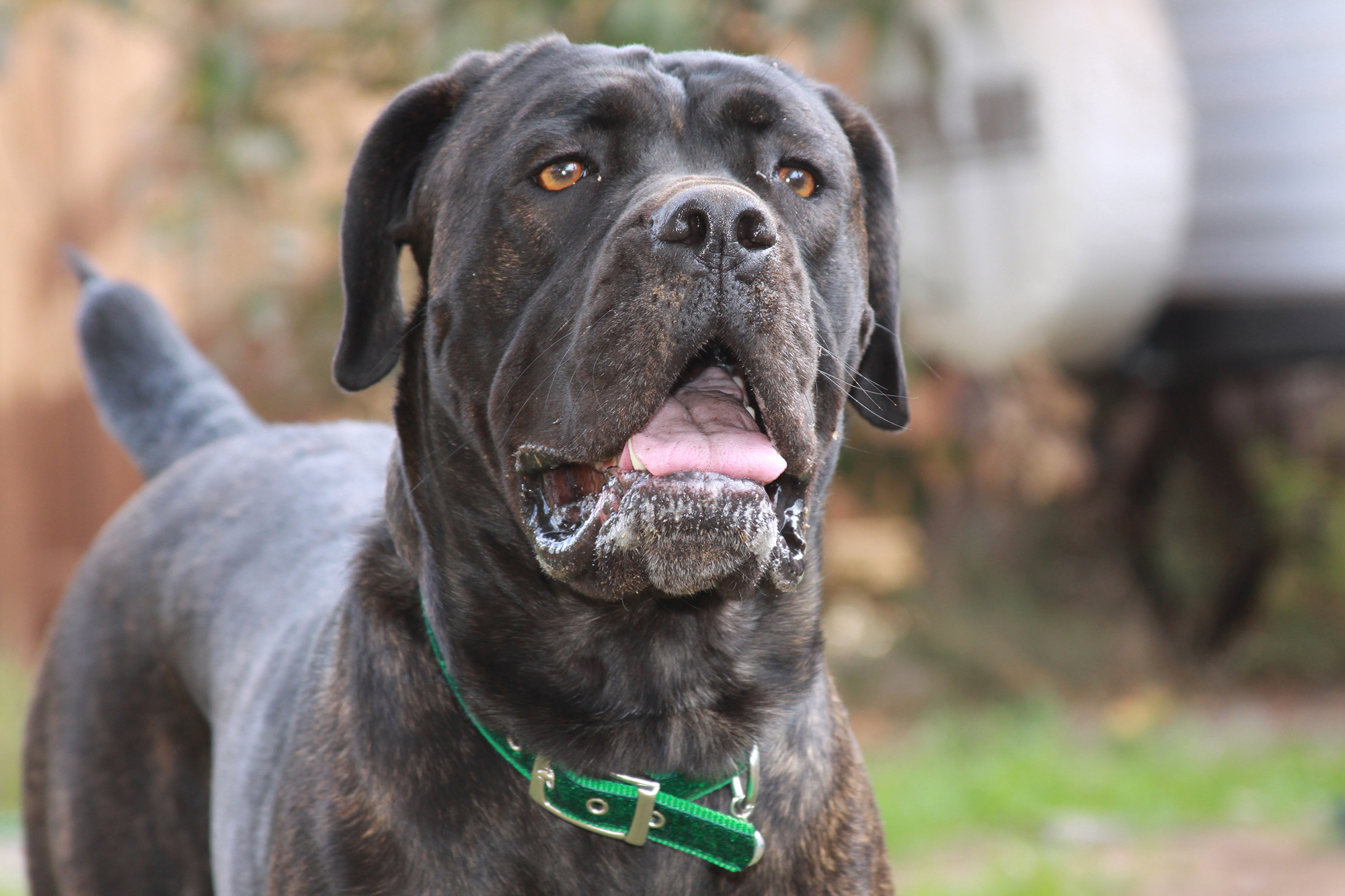Why Cane Corsos Are Excellent Watchdogs: A Critical Examination of Complexities
Introduction
Cane Corsos, ancient guardians with an enigmatic history, are renowned for their exceptional watchdog qualities. Their imposing physique, territorial instincts, and unwavering loyalty have made them formidable protectors of families and property for centuries. However, beneath this formidable exterior lies a nuanced and multifaceted side that warrants critical examination. This essay will delve into the complexities of Cane Corsos as watchdogs, exploring their strengths, potential drawbacks, and the ethical considerations surrounding their use.
Strengths of Cane Corsos as Watchdogs
Inherent Territoriality and Protective Nature:
Cane Corsos possess an innate territorial and protective instinct, making them vigilant guardians of their environment. Their ancient lineage as livestock guardians has ingrained in them a deep-seated duty to protect their territory and loved ones from perceived threats. This inherent drive ensures that they will sound the alarm and deter any unauthorized presence on their property.
Impressive Physical Attributes:
Cane Corsos are physically imposing dogs, typically weighing between 110 and 150 pounds and standing over 2 feet tall. Their muscular build, powerful jaws, and deep barks make them formidable adversaries for any would-be intruder. Their imposing presence can deter potential threats before they even attempt to approach.
Exceptional Intelligence and Trainability:
Contrary to popular belief, Cane Corsos are highly intelligent and trainable dogs. With proper socialization and training, they can learn commands and behaviors that enhance their watchdog abilities. They can be taught to distinguish between familiar and unfamiliar individuals, respond appropriately to different situations, and maintain a calm and focused demeanor.
Potential Drawbacks of Cane Corsos as Watchdogs
Potential for Over-Protection:
The strong protective instincts of Cane Corsos can sometimes lead to over-protection, especially if they are not properly trained and socialized. They may become overly vigilant and aggressive towards unfamiliar individuals, resulting in unnecessary confrontations and potential liability concerns.
High Exercise and Attention Requirements:
Cane Corsos are large, active dogs that require regular physical and mental exercise. Failure to provide adequate opportunities for exercise and mental stimulation can lead to boredom and pent-up energy, which may manifest as destructive or aggressive behavior.
Breed-Specific Health Issues:
Like all breeds, Cane Corsos are prone to certain health issues, including hip dysplasia, elbow dysplasia, and bloat. These conditions can impact their mobility, comfort, and temperament, potentially affecting their ability to perform as effective watchdogs.
Ethical Considerations
The use of dogs as watchdogs raises important ethical considerations that must be acknowledged.
Animal Welfare Concerns:
Watchdogs can be subjected to harsh conditions, such as outdoor confinement, extreme weather, and isolation. Ensuring the welfare of these dogs is paramount, and owners must prioritize their comfort, health, and socialization needs.
Responsibility and Liability:
Owners of watchdog dogs have a legal and moral responsibility to ensure their animals are properly trained and controlled. Negligence in training or supervision can result in serious injuries or fatalities, leading to legal consequences and potential harm to the dog itself.
Breed Stereotyping and Discrimination:
Cane Corsos and other large, powerful breeds often face discrimination and unjust bias based on their appearance. This can lead to unwarranted fear, prejudice, and even breed-specific legislation that unfairly targets responsible owners and well-behaved dogs.
Conclusion
Cane Corsos are undeniably excellent watchdogs, possessing the inherent qualities of territoriality, protectiveness, and physical prowess. However, it is crucial to acknowledge the potential drawbacks and ethical considerations associated with their use. Proper training, socialization, responsible ownership, and a commitment to animal welfare are essential to harness the strengths of these dogs while mitigating any potential risks.
The complexities of Cane Corsos as watchdogs underscore the need for a balanced approach that prioritizes the well-being of both the dogs and the communities they serve. By embracing responsible practices, ethical guidelines, and a compassionate understanding of animal behavior, we can foster a safe and harmonious relationship between humans and these extraordinary guardians.
Doberman Pinschers And Their Perfect Temperament
Top 10 Fun Facts About Beagles That Will Melt Your Heart
Why Dachshunds Are So Protective Of Their Families


/cane-corso-dog-outdoors-980074896-d9f6c4e24c8c46b4b5835af8a64a28dd.jpg)
